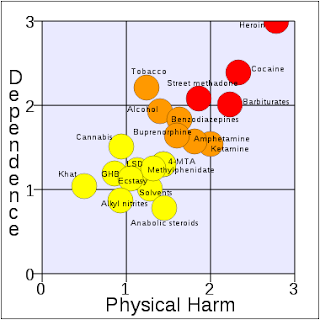For the last two centuries, linguists have been tracing the roots of words back to their earliest states by means of comparative analysis (the field is called 'historical linguistics'). Beginning with British scholars working abroad for the empire, amateur philologists noticed great similarity of between English, Greek, Latin, and native langauges - most remarkably the Indian language Sanskrit. The similarities were too great to ignore. The fact that the Old English word 'snaw' (snow) sounded much like old Slovak 'sneigh' and the Sanskrit verb 'sniyhati' ('becomes wet') all bear remarkable phonological similarities gave rise to a new branch of history where words were cross-examined to recover their original sound and meaning (*sniegw^ho). Suddenly no word in any language was safe without being thoroughly explored by eager linguists to discover its origin. Some languages, once thought to be completely unrelated were brought together (such as English, Hittite and Sanskrit). Others were shown to be genetic isolates without any living relative (like Basque or arguably Etruscan).
More recently, the Oxford English Dictionary has been the continuous attempt to consolidate etymological studies into a single source, making available to the public an enormous compendium tracing the roots of every single English word. The results have been largely successful. But in etymological studies there have been rogue words that defy etymology. Words like 'quiz' that confound the scholar, despite numerous 'folk etymologies' (read 'rumor').
One of those words is one of our most popular: 'hey', as in a comment to attract someone's attention. Why is this word a challenge? The origins of the word 'hey' are, in a sense, too well attested. Words like 'hey' appear in nearly every language, with similar sounds. Some even speculate that hey is a natural language phenomenon of the mind in society.
Some Indo-European languages have remarkably similar words; Greek has 'ei' and Mexican Spanish uses 'ay', for instance. But so do completely unrelated tongues. Chinese has 'ai' (single tone), Burmese purportedly 'aey', and from my own experience Gizpuzkoan Basque uses 'ei'.
But I argue that 'hey' can be clearly demonstrated to have etymological roots going as far back as Proto-Germanic *hɜɪ. First, the English 'hey' has extremely old roots in writing, despite the word being a vulgarity that I believe is unlikely to appear in ancient documents (how often do you write 'hey' in your essays?). The OED places the first occurrence of 'hey' in writing to 1295 AD. So it has occurred long after the Norman conquest of English placed firm linguistic roots into our language. But the word 'hey', with its rough /h/ phoneme, has no clear link to French. In fact, cognates with /h/ to the word exist in Germanic languages, not the Romantics. Modern German has 'hei', Dutch 'hei', and Swedish 'haj'. So there are clear references to 'hey' in the Germanic languages.
There is also powerful evidence outside German languages. Finnish, an unrelated language that is part of the Uralic family (a family not demonstratively linked to Indo-European apart from interesting similarities in their pronouns), has a long tradition of using 'hey' - but the other Uralic languages (Saami, Hungarian, etc...) do not have a strong history of a similar word with the infamous /h/. Finnish, however, is infamous for its large number of Germanic loanwords. Take the word 'king'. In Old English the word was 'cyning,' and the word is still taught - along with Hwaet - in High School English class today. Cyning is part of a well-attested to series of Germanic words for king that all sound alike. To skip to the end of the story, king has a root in Proto-Germanic *kyninjaz, which was recovered about a century and a half ago. Finnish scholars around the turn of the century found their word for king was actually an introduction for a foreign source, and had no root in the Uralic family at all. The word? Kuningas, providing exciting confirmation of a Proto-Germanic word from outside sources. As it turns out, Finnish has borrowed a huge amount of words from Proto-Germanic, and it is in the opinion of this author that hey is but another example. Especially since the majority of examples of 'hey' in languages unrelated to IE (or even within IE languages, for that matter) do not have the classic /h/ sound. Now all that remains for me is a careful analysis of the word, which I hope will lead to a paper someday soon.









